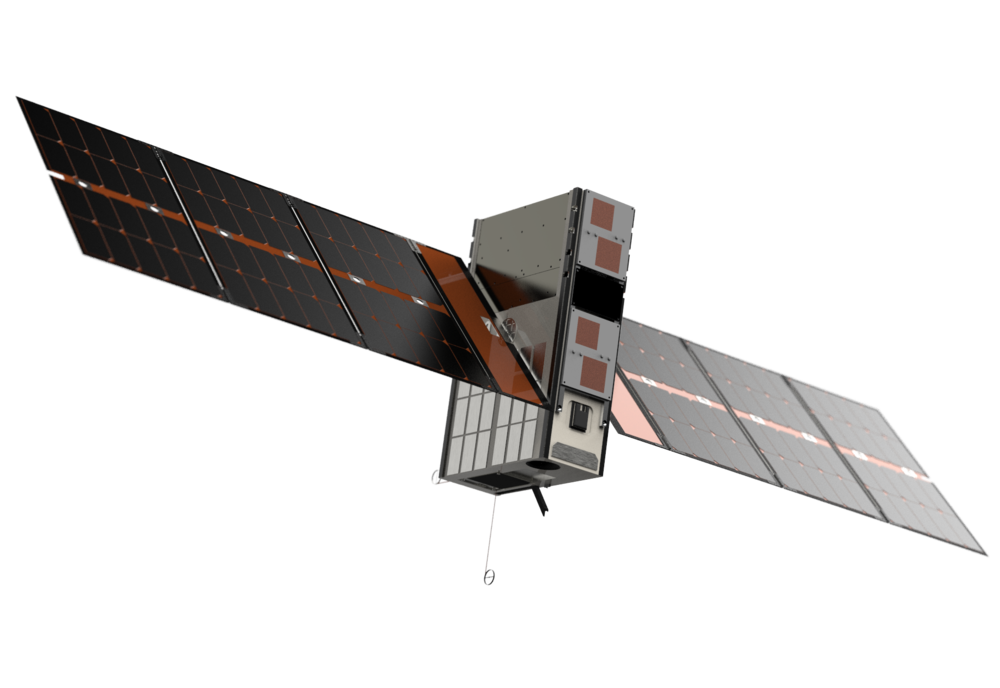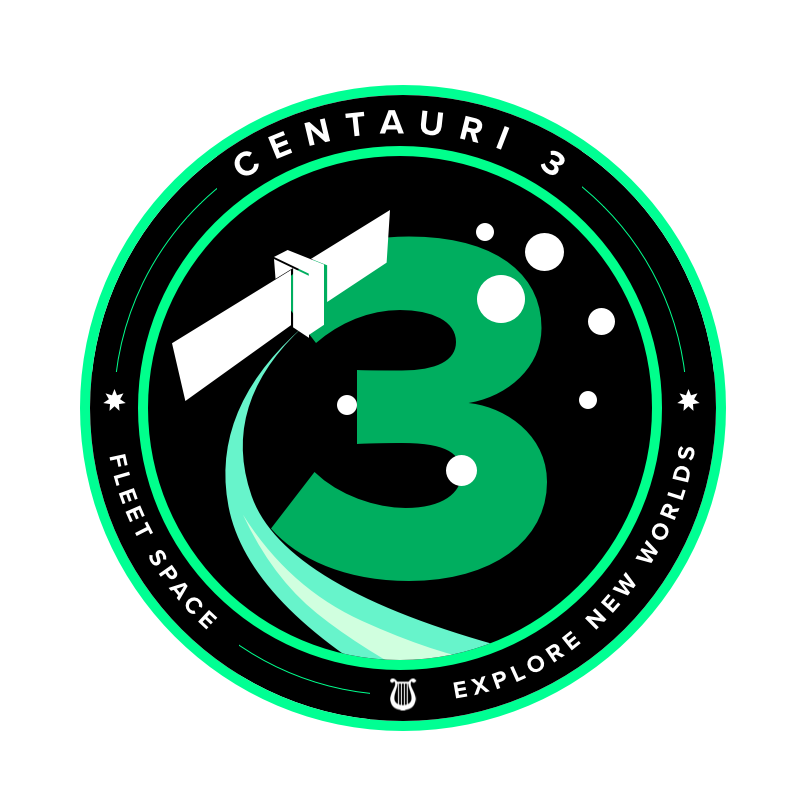Fleet Space Technologies secures US$26.4m in funding for satellite IoT

 Adelaide-based Fleet Space Technologies has secured US$26.4m in Series B funding, confirming confidence in Fleet Space advanced nanosatellite technology set to drive radical Internet of Things (IoT) efficiencies.
Adelaide-based Fleet Space Technologies has secured US$26.4m in Series B funding, confirming confidence in Fleet Space advanced nanosatellite technology set to drive radical Internet of Things (IoT) efficiencies.
The Series B capital raise, which values the company at US$126 million, is led by Artesian Venture Partners, Blackbird Ventures, Grok, and Horizons Ventures with major commitments from new investors including Alumni Ventures, Hostplus, the South Australian Venture Capital Fund (SAVC) and In-Q-Tel. The balance of new institutional investors and reinvestment from existing investors is testament to successful execution of Fleet Space’s commercial and technical plans since the company’s Series A raise in September 2019.
Flavia Tata Nardini, CEO and Founder, Fleet Space Technologies, says, “This investment secures the long-term sustainable growth of Fleet Space and is a global endorsement of the power of the rapidly growing Space technology sector.
“Our nanosatellite technology is proven and this capital injection is testament to confidence in our commercial model. We are ready to scale and realise the full potential of IoT technology to secure planet-wide coverage of millions of industrial devices. This will save billions of dollars for organisations in lost value while preserving precious resources and reducing carbon emissions.”
Jonathan Meltzer, Partner at Alumni Ventures, adds, “Fleet Space Technologies has delivered on their promise to unlock the potential of the Internet of Things through their proprietary nanosatellite technology. We are proud to be part of an ambitious new growth phase that will widen Fleet’s satellite network and more broadly serve critical infrastructure in remote locations.”
The Series B represents a firm commitment both to Fleet Space Technologies and to Australia’s rapidly emerging space industry. It will help create 70 new jobs, including many in the STEM sector.
